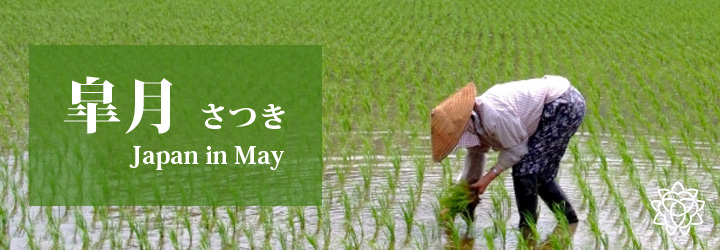
JTCO is a non-profit organization founded with the aim of enriching our daily life in the modern society by introducing values, technics and aesthetics inherited in the Japanese culture.
Message from JTCO | Vision & Mission | JTCO Profile
 |
Craft Category: Pottery & Porcelain [Name] Izushi Yaki: Izushi Porcelain[Feature] Izushi porcelain is burned wit... |
 |
|
 |
Art Category: Folk Performing Art [Name] Ryugasaki Tsukumai:Ryugasaki Acrobatic Performance[Feature] In Ryugasaki Tsukumai or acrob... |
 |
|
 |
February 03, 2021 Exhibition of Japanese ceramics @Ariana Museum From December 11, 2020 to January 9, 20... |
 |
November 08, 2016 New Year J-Culture Fest@Yurakucho, Tokyo Interested in experiencing the New Year ... |
 |
October 26, 2016 Working Tourism in Oki Islands, West Japan Enjoy the undiscovered life in a remote ... |
 |
October 01, 2016 Specialties from Osaka/Nara @Ginza KABUKI-ZA Until October 31, specialties from Kansa... |
 |
October 05, 2023 Oku-Aizu Showa Ramie Textiles Karamushi (Ramie), is a perennial plant ... |
 |
March 14, 2023 Kawajiri-fude: Kawajiri brush The main material for Kawajiri brush is ... |
 |
January 19, 2023 Oroku-gushi: Oroku-gushi Combs Oroku-gushi Combs are the practical comb... |
 |
April 08, 2021 Tosawashi:Handmade Japanese Paper Handmade Japanese paper of warm and gent... |
Updated : 2026/Jan/31
@JTCO_NPO からのツイート



